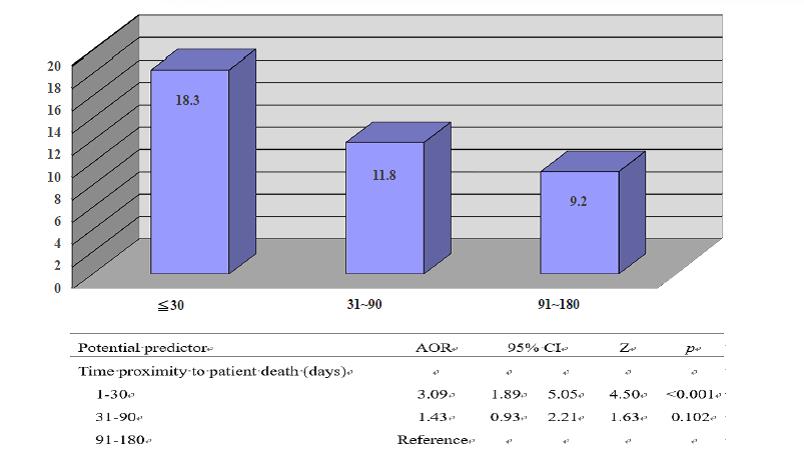
Siew Tzuh Tang
Chang Gung University, Taiwan
Title: Accurate prognostic awareness facilitates, whereas better quality of life and more anxiety symptoms hinder end-of-life discussions
Biography
Biography: Siew Tzuh Tang
Abstract
Context: Despite growing evidence of the benefits of EOL-care discussions to initiate such discussions early in the advanced cancer trajectory, terminally ill cancer patients either don’t engage in EOL-care discussions or do so only when death is imminent. Most existing studies on patient-reported EOL-care discussions are cross-sectional without exploring the evolution of EOL-care discussions as death approached. Cross-sectional studies also cannot disentangle the impacts of EOL-care discussions on patients’ prognostic
awareness, psychological well-being, and quality of life (QOL) or whether these factors facilitate/hinder EOL-care discussions. Therefore, the purpose of this study was to explore the evolution of patient-physician EOL-care discussions over cancer patients’ last 6 months and to identify factors precipitating or hindering such discussions by arranging time-variant modifiable variables and EOLcare discussions in a distinct time sequence.
Methodology: We examined the evolution and associations of accurate prognostic awareness, functional dependence, physical and psychological symptom distress, and QOL with patient-physician EOL-care discussions among 256 terminally ill cancer patients in their last 6 months of hierarchical generalized linear modeling with logistic regression.
Findings: The prevalence of physician-patient EOL-care discussions increased as death approached (9.2%, 11.8%, and 18.3% for 91-180, 31-90, and 1-30 days before death, respectively) but only reached significance in the last month. A higher likelihood of subsequent physician-patient EOL-care discussions were precipitated by a previous wave of patient-reported accurate prognostic awareness, but hindered by a previous wave of better patient QOL and more anxiety symptoms. Levels of physical symptom distress, functional dependence, and depressive symptoms were not associated with the likelihood of EOL-care discussions.
Conclusion/Significance: Physician-patient EOL-care discussions for terminally ill cancer patients remain exceptional even when death approaches. Physicians can promote EOL-care discussions with cancer patients by cultivating their accurate prognostic awareness early in their disease trajectory when they are physically and psychologically competent, with better QOL.

Prevalence of EOL-care discussion
Recent Publications:
- Harper C (2009) The neuropathology of alcohol-related Hung YN, Liu TW, Wen FH, Chou WC, Tang ST. Escalating healthcare expenditures in cancer decedents’ last year of life: A decade of evidence from a retrospective population-based cohort study in Taiwan. Oncologist, 2017; 22: 460-469.
- Tang ST, Hsieh CH, Chiang MC, Chen JS, Chang WC, Chou WC, Hou MM. Impact of high self-perceived burden to others with preferences for end-of-life care and its determinants for terminally ill cancer patients: A prospective cohort study. Psycho-Oncology.2017; 26: 102-108.
- Tang ST, Chen JS, Chou WC, Chang WC, Wu CE, Hsieh CH, Chiang MC, Kuo ML. Longitudinal analysis of severe anxiety symptoms in advanced cancer patients’ last year of life: Relationships with proximity to death, burden, and social support. Journal of the National Comprehensive Cancer Network, 2016; 14(6):727-34.
- Tang ST, Chang WC, Chen JS, Chou WC, Hsieh CH, Chen CH. Associations of prognostic awareness/acceptance with psychological distress, existential suffering, and quality of life in terminally ill cancer patients’ last year of life. Psycho-Oncology, 2016; 25:455-462.
- Kuo SC, Chou WC, Chen JS, Chang WC, Chiang MC, Hou MM. Tang ST. Longitudinal changes in and modifiable predictors of the prevalence of severe depressive symptoms for family caregivers of terminally ill cancer patients over the first 2 years of bereavement. Journal of Palliative Medicine. 2017, 20(1): 15-22.

